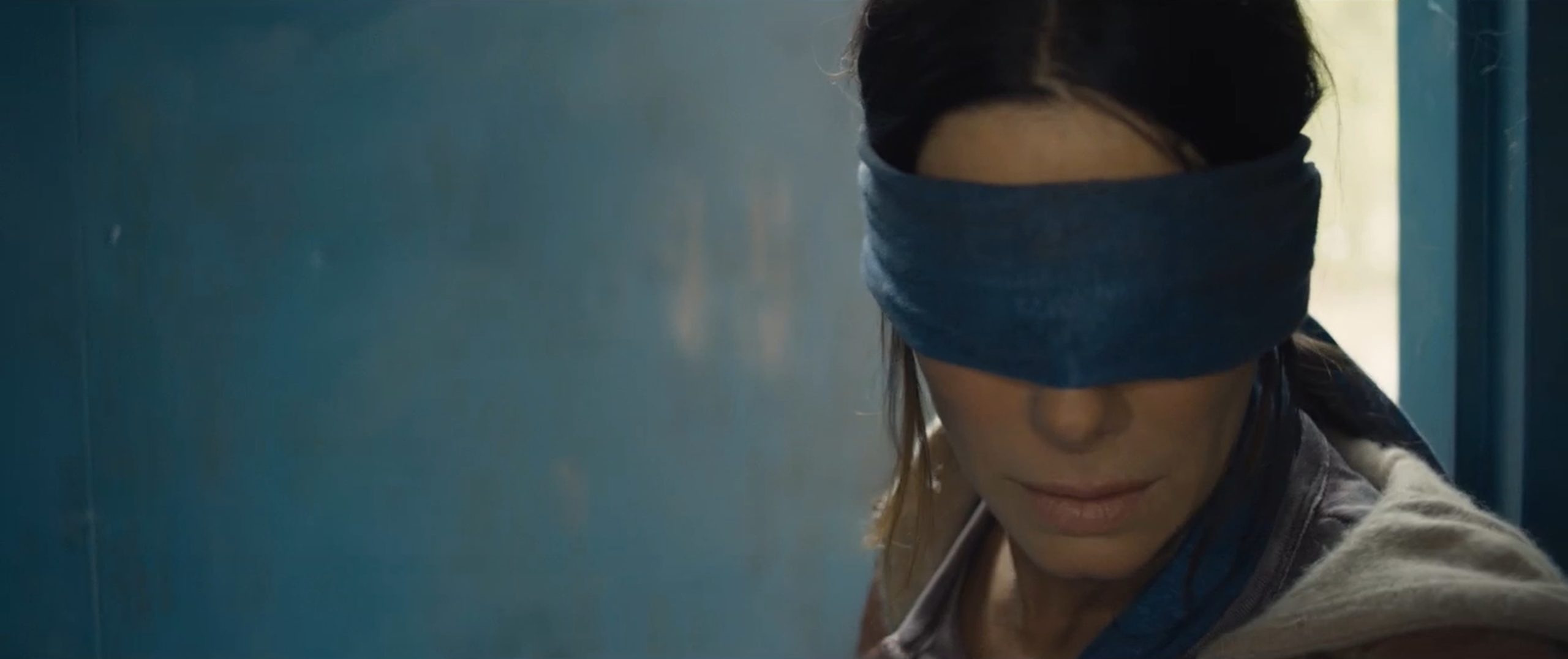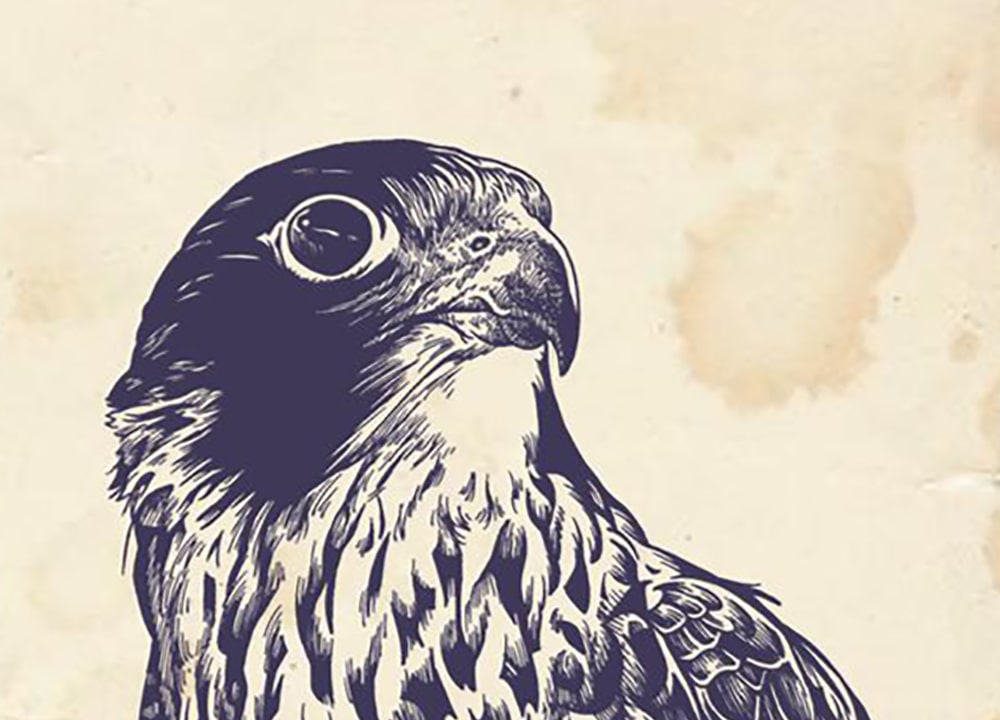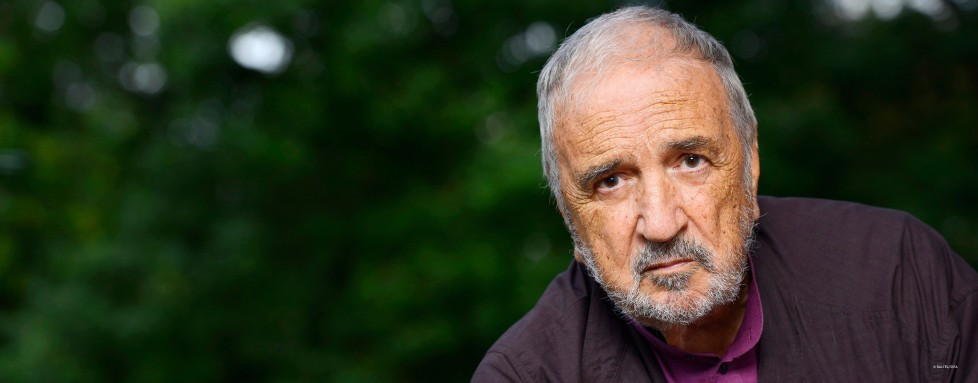Stalker
A particularly difficult review because this film is, academically and in my own opinion, one of the greatest ever made – if not THE greatest. It is a perfect harmony of directorial vision against all odds, perfectly balancing every production element at the creator’s disposal into a masterpiece of visual storytelling. The film is nuanced, yet forceful; thoughtfully logical in its philosophical themes, yet borne of magic and intuition; and it evolved over time – much like the Zone shapeshifts the longer you stay in it – as the story was rewritten between lengthy shooting delays, taking on new form. This is one of those select films I regularly rewatch over and over again, and it moves me with new knowledge and new feeling each time.
The 2K restoration is phenomenal; it makes the movie look like it was filmed a year ago. It still holds a contemporary, timeless feel. And despite older prints holding up very well to the physical demands of time, the enhanced quality reveals subtle details within the frame. The art direction, for which Tarkovskij was responsible, pops out with greater clarity than I remember.
I know only a few people who can watch this movie through without deep, psychological disturbance. I don’t know what it is about the pace and the atmosphere, but it brings up intense feelings – like a grossly vivid dream that you remember for years. And although I find the movie inspiring and uplifting for the artistic soul, it is not a film I would start with if you’re not already familiar with Tarkovskij’s filmography. If you are interested in seeing his films, I would recommend starting with his final film, “Offret” (“The Sacrifice”).
“Stalker” is a science fiction story based on the Russian novel “Roadside Picnic,” and the script was crafted by the two brothers who wrote the original book (which is a class of incredible science fiction all its own, with a totally different temperament). In fact, the word “stalker” (ста́лкер) did not exist in the Russian language prior to the release of the novel and later became popularlised by the movie; the term refers to those who engage in illegal activity and, in the context of the story, would enter the restricted “Zone” in order to extract alien technology and relics to sell on the black market.
The Zone is an isolated area that was radically altered into an unearthly state by an alien visitation. In the book, you could be walking along and, all of a sudden, the very laws of physics would change: you’d be crushed to death by 9000 times the gravitation force of earth or instantly incinerate. Stalkers were the only ones qualified, and daring enough, to navigate the treacherous terrain.
While the novel recounts the adventures of several characters, the film focusses on the perspective of one Stalker and his two travel guests, Writer and Professor. They both hope to enter into the Room, whereby they will encounter a relic that will grant their innermost desire and make it a reality. There is a caveat, however, that makes the “gift” difficult to readily accept – representing one of the most profound “twist” of any movie, ever.
I have had people compare the relationships here as similar to severe drug addiction, whereby the Room represents the “high” you keep revisiting in an effort to match the initial level of ecstasy from your first trip; some read it as the plight of the artist; some view the relationship as a reaffirmation of religion; some compare it to the misery and isolation of the Gulag; others still see the map of our existence and identity – that somehow we possess the truth within us but would not or cannot look directly at our innermost selves, as though the knowledge would destroy us…that we would be witness to God Herself. Many still see the movie as a prophetic telling of what was to occur at Chernobyl (to the extent that later cleanup crews would refer to themselves as “stalkers” and to the disaster area as the “Zone of alienation”).
My most recent viewing revealed something new about the characters: that maybe Tarkovskij is the Stalker leading both artistic and scientific minds to accept the truth that the lens of cinema reflects back onto us. In the film, Stalkers are never allowed to enter the room; perhaps that is analogous to Tarkovskij never being allowed to witness cinema the way others view it, the way audiences consume the stories that unfold in front of them: before we are writers, we are readers; but after becoming a writer, can one then travel backward and forfeit that new knowledge? The beauty of this picture is that it operates on many levels, simultaneously.
While I do not believe great works of art must suffer harrowing obstacles as part of their gestation process, the production of “Stalker” was riddled with nearly insurmountable trials. Half of the movie had already been filmed; but because of either an error in how the cinematographer handled the experimental Kodak stock or due to ineptitude or malice on the part of the lab, the film was deemed unusable. Nearly out of money, and following an incredible delay, Tarkovskij resumed his masterpiece with a newly penned script and renewed energy.
I love the interviews of the crew; the way they talk about working with Tarkovskij sounds like a joy. He was on edge, but never angry. He was an inspiration to them, “always talking about the important stuff,” a production designer recounts. They knew they were making something big and they gave everything they had to the film. I admire artists that can commit fully to an idea they believe in; the effort is cumulative and it shows in the end product.
This movie would ultimately kill Tarkovskij, who would pass away in 1986 from a rare form of lung cancer believed to be caused by runoff out of an abandoned chemical factory upstream from their location in Tallinn. Tarkovskij’s wife, Larisa Tarkovskaya, and the actor playing the Writer, Tolya Solonitsyn, would also die from the same disease. It is difficult to imagine how much he would have contributed to art had he more time to create – as well as a system that catered to his working process.
What remains is a potent collection of movies, photographs, and writings on the subject of film as an artform as powerful as the typical “classical” forms – i.e., writing, painting, sculpting, and composing. His book “Sculpting in Time” is a lucid assertion of the power of moviemaking, as well as his personal journey into this nascent craft.
I’ve seen this movie become increasingly popular, and I’m glad. With the newfound exposure, however, comes a lot of ill-founded critique that “nothing happens.” I liken this feedback to those that approach the Grand Canyon, shrug their shoulders, and murmur a low “meh, it’s just a big ditch” before returning to their vehicle. This movie is worth your time, more than any other I’ve witness in my life and my career. It will yield bountiful fruit, should you apply ample seed. Give it time and your full attention and will literally change your life. Is that not something we want from great art? But I guess that’s the question: when you approach the Room, with its promise to deliver your deepest desire, will you cross the threshold and enter?






